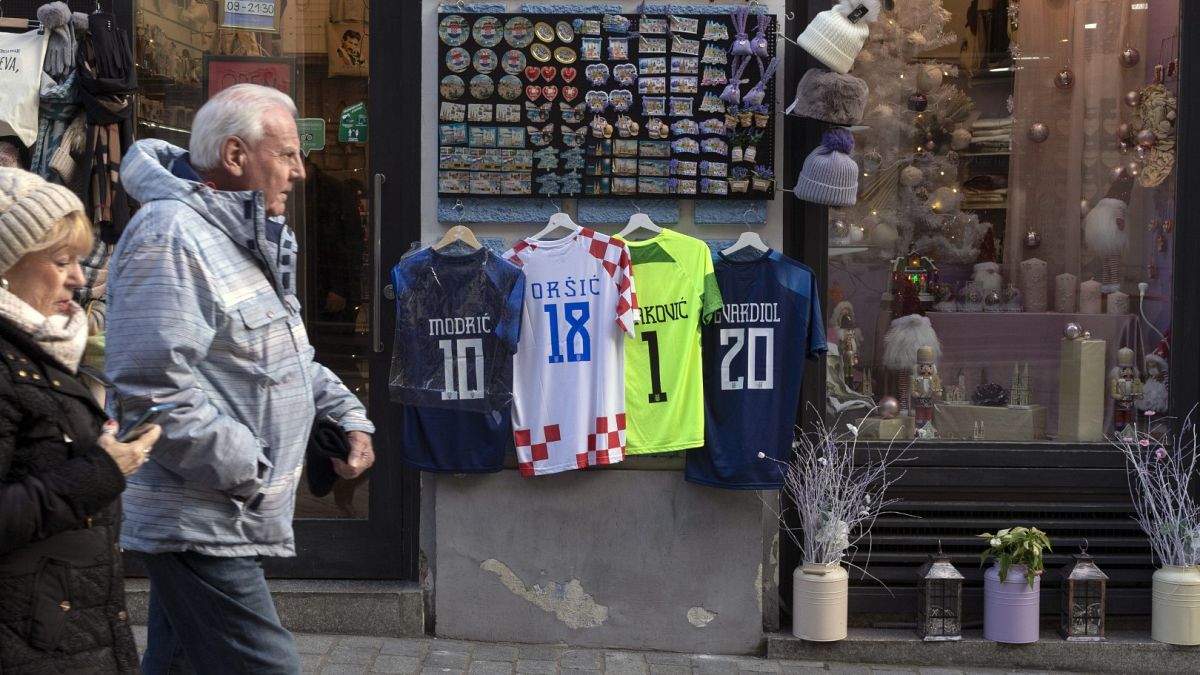The summer's tourism season promises will test how much the country's economy relies on shops staying open all week.
Croatian retailers are displeased with a law that prohibits shopping on most Sundays, saying it is threatening small businesses and driving layoffs in a crucial sector of the economy.
The Trade Law, which was passed last year, allows retailers to choose only 16 Sundays per year when they can open their stores. While unions seem to be satisfied with it, many entrepreneurs in wholesale and retail trade are not.
The five large shopping centres in Zagreb say Sunday revenue tends to be higher, and that the non-working Sundays imposed this year could hurt them to the tune of €50 million euros.
Owners of small shops are suffering the worst, while larger retailers have been forced to make layoffs.
The Croatian Chamber of Trades and Crafts has pointed out glaring shortcomings in the new law. Florists, for example, will be unable to open on All Saints Day, one of their highest revenue days; small souvenir shops will be closed on many public holidays and Sundays during the crucially important tourist season.
A case both ways
Not everyone in the sector is united in their opposition. Zlatica Štulić, the president of the Retail Union, says her organisation has been fighting against Sunday trading for years.
‘’For workers in retail, this is about one day of rest during the week," she said. "They want their day off to be Sunday and not some other day. Their families are free then and they want to spend the day with them."
She argues that the need for labour is not going to decline, saying that before the law came into force, there was already a shortage of labour that was being covered by students and retirees working part-time.
Yet Denis Ćupić, President of the Retail and Logistics Association of Croatia, points out that in the non-food retail sector and for shopping centres, Sunday is the biggest shopping day after Saturday. He cites data compiled by eight shopping centres around the country that shows Sundays make up 20.9% of weekly sales.
But the real test of the law's impact may come in the summer. According to the Tourism Ministry, foreign tourists brought in record revenues for Croatia in 2023, with particularly good results in the pre- and post-seasons. The ministry concluded that it is also very happy with the indicators for the beginning of 2024.
Whether the Sunday trading law will interfere with those revenue expectations is yet to be seen.
